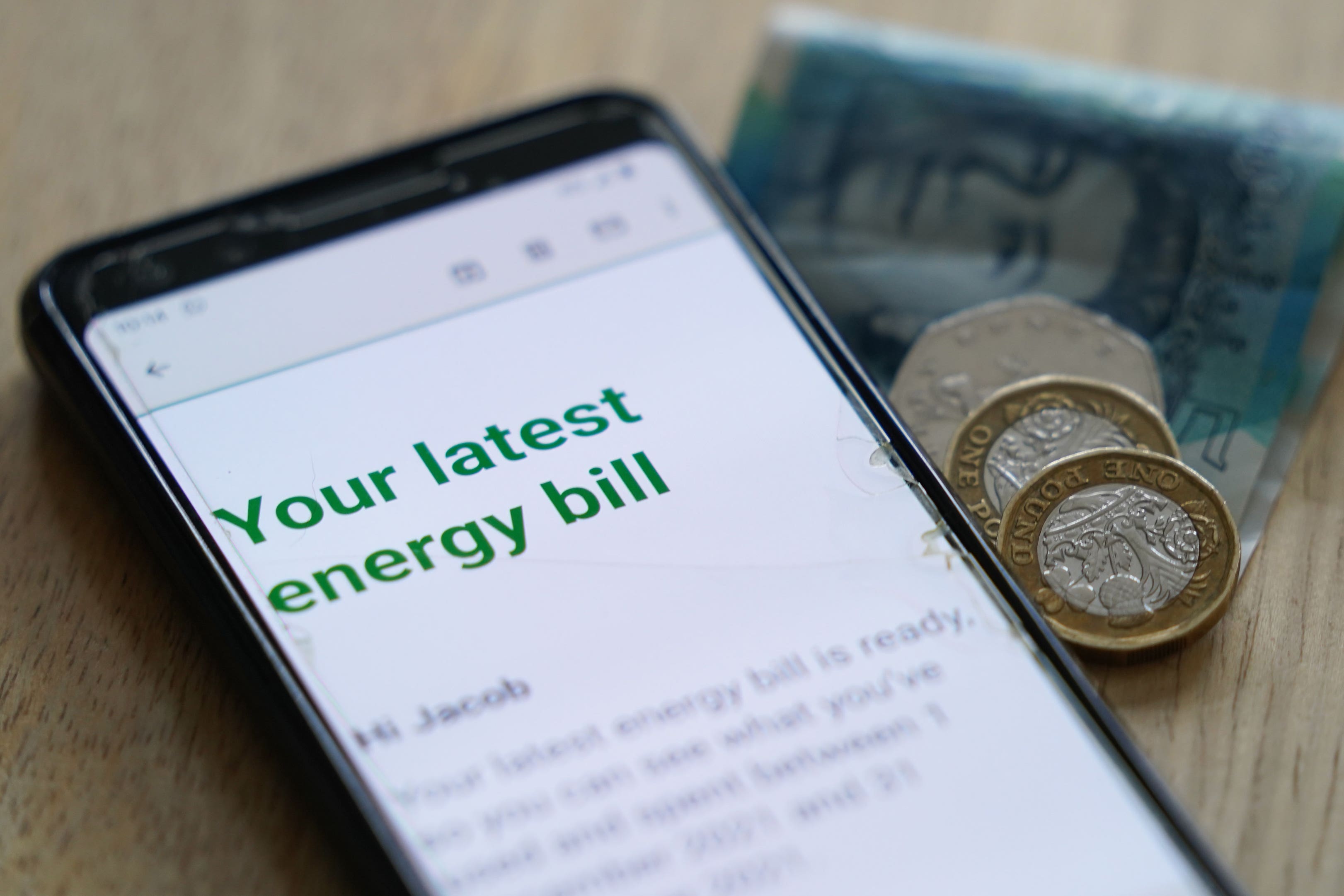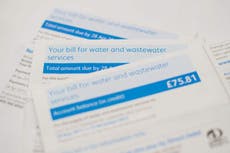Energy bills ‘could rise by £118 a year to fund government’s net zero plans’
Think tank says ‘regressive’ and ‘unfair’ hydrogen levy ‘can be avoided’ with taxes on carbon heavy industry

Energy bills could rise by around £118 a year for the average household under plans being considered by the government to meet its net zero targets and improve gas and electricity supply security, a think tank has warned.
Downing Street is supporting the production of low-carbon hydrogen gas in its drive to reach net zero emissions by 2050.
Under provisions set out in the Energy Bill, costs could be added to household bills from 2025 - on top of subsidies for other green energy, such as wind farms.
The hydrogen scheme is expected to cost £3.5 billion a year between 2030 and 2040 and paid for with a levy on household bills.
Onward, the centre-right think thank, has warned the “regressive and unfair” levy could cost £118 per year for the average dual fuel household. It said that it would also be unfair to ask households that won’t benefit from hydrogen directly to pay for it.
Researchers have urged the government to “think again”, saying that carbon taxes on heavy industry could be implemented instead of a leavy on households.
Jack Richardson, Onward’s head of energy and climate, said: “The government is walking into a trap with the hydrogen levy.
“It would be a mistake that risks stalling the development of a British hydrogen economy. It would also be unfair to ask households that won’t benefit from hydrogen directly to pay for it.”
He added: “The government should think again. And the Treasury should get off the fence and back the role hydrogen can play in the economy.”

Polling by Onward found that 43 per cent of the general public would not be willing to pay a hydrogen levy on their energy bills.
A quarter of people would pay up to £10, whereafter support falls sharply.
Some Conservative backbenchers are expected to table amendments to the Energy Bill as they try to force prime minister Rishi Sunak into a U-turn on the issue over concerns the plans are unaffordable.
The Daily Telegraph reported some could also support a Labour amendment that would strip ministers of the power to apply the levy to household bills.
The US and the EU have both set aside billions to fund hydrogen and clean energy projects.
A Department for Energy Security and Net Zero spokesman said: “Our plans to power up Britain will ensure the availability of cleaner, cheaper and more secure energy sources – including hydrogen – which will help to make sure people’s energy bills are affordable.
“That priority is at the heart of our work in developing the hydrogen levy.
“We will consult on the detailed design before introducing the levy, to ensure it fits these key criteria while also providing investors and developers with the confidence to invest in low-carbon hydrogen production projects.”






Join our commenting forum
Join thought-provoking conversations, follow other Independent readers and see their replies
Comments